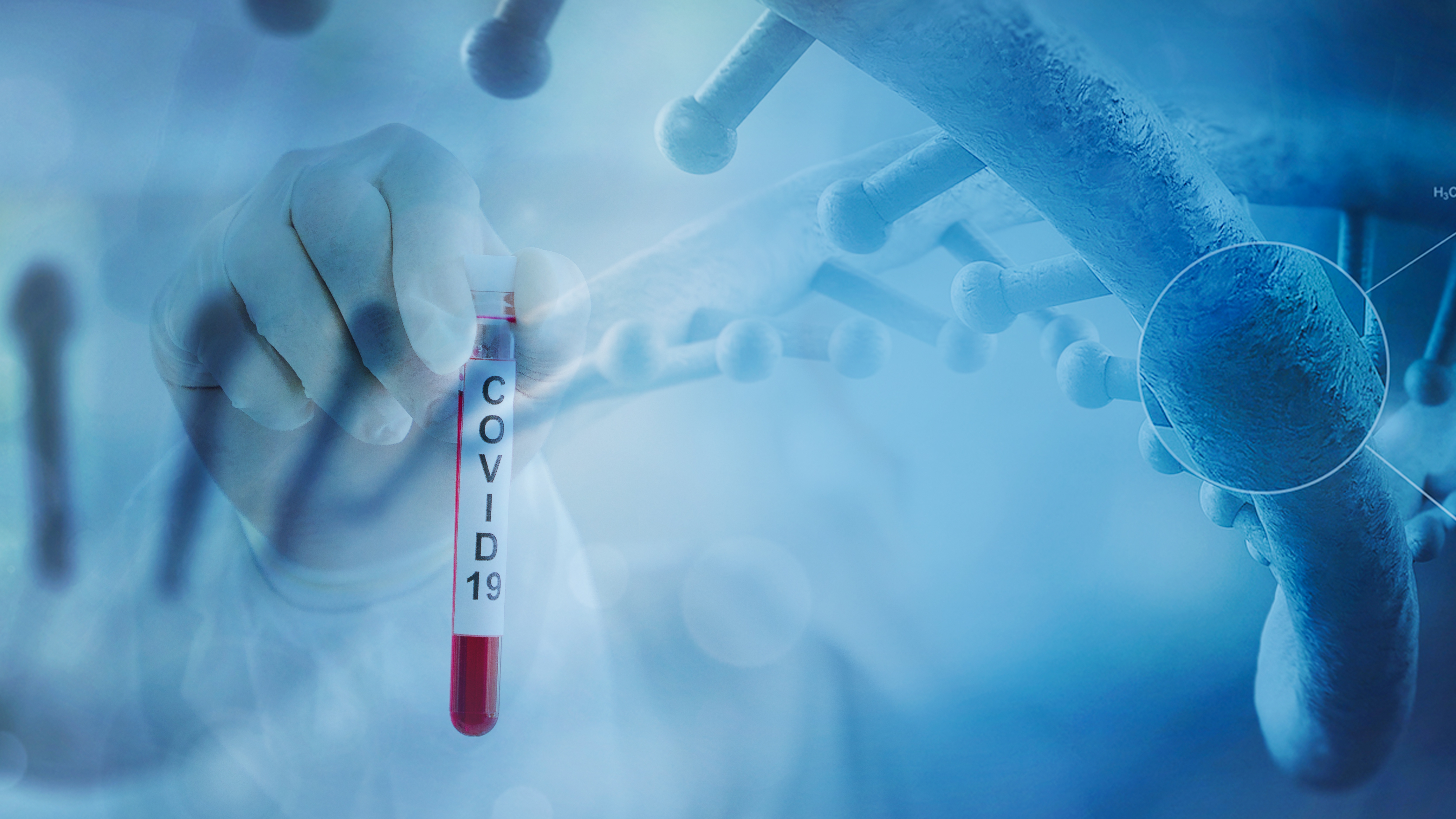
Ανακοινώσεις
26/02/2026 Εβδομαδιαία έκθεση επιδημιολογικής επιτήρησης αναπνευστικών λοιμώξεων (16 Φεβρουαρίου – 22 Φεβρουαρίου 2026)
19/02/2026 Εβδομαδιαία έκθεση επιδημιολογικής επιτήρησης αναπνευστικών λοιμώξεων (09 Φεβρουαρίου – 15 Φεβρουαρίου 2026)
12/02/2026 Εβδομαδιαία έκθεση επιδημιολογικής επιτήρησης αναπνευστικών λοιμώξεων (02 Φεβρουαρίου – 08 Φεβρουαρίου 2026)
05/02/2026 Εβδομαδιαία έκθεση επιδημιολογικής επιτήρησης αναπνευστικών λοιμώξεων (26 Ιανουαρίου – 01 Φεβρουαρίου 2026)
29/01/2026 Εβδομαδιαία έκθεση επιδημιολογικής επιτήρησης αναπνευστικών λοιμώξεων (19 Ιανουαρίου – 25 Ιανουαρίου 2026)

Επικαιρότητα
20/02/2026 Συμβουλές για ασφαλή κατανάλωση θαλασσινών και οστρακοειδών την περίοδο της Σαρακοστής
26/11/2025 Πλημμύρες και Δημόσια Υγεία
05/09/2025 Πυρκαγιά
04/05/2025 Παγκόσμια Ημέρα Υγιεινής Χεριών 5 Μαΐου 2025
14/04/2025 Oδηγίες για την ασφαλή κατανάλωση τροφίμων κατά τη διάρκεια του Πάσχα - 2025

Covid-19 - Οδηγίες
15/02/2024 Εβδομαδιαία έκθεση επιδημιολογικής επιτήρησης αναπνευστικών λοιμώξεων (05 Φεβρουαρίου – 11 Φεβρουαρίου 2024)
15/02/2024 ΕΟΔΥ-EU JA TERROR Workshop: « International Workshop for PH experts/ former EU funded Programs / Civil Protection and communication experts»
12/02/2024 Πρόσκληση εκδήλωσης ενδιαφέροντος για συμμετοχή στο Ευρωπαϊκό Πρόγραμμα Εκπαίδευσης στην Επιδημιολογία Πεδίου – Εθνική κατεύθυνση
08/02/2024 Περιστατικά διεισδυτικής λοίμωξης από στρεπτόκοκκο ομάδας Α στη χώρα μας
08/02/2024 Ιλαρά – Οδηγίες για ταξιδιώτες
05/02/2024 Σύσταση ομάδας εργασίας για την ενίσχυση της εμβολιαστικής κάλυψης και την αντιμετώπιση πιθανής έξαρσης κρουσμάτων ιλαράς στην Ελλάδα

Επιδημιολογικά - Στατιστικά Δεδομένα
15/02/2024 Εβδομαδιαία έκθεση επιδημιολογικής επιτήρησης αναπνευστικών λοιμώξεων (05 Φεβρουαρίου – 11 Φεβρουαρίου 2024)
15/02/2024 ΕΟΔΥ-EU JA TERROR Workshop: « International Workshop for PH experts/ former EU funded Programs / Civil Protection and communication experts»
12/02/2024 Πρόσκληση εκδήλωσης ενδιαφέροντος για συμμετοχή στο Ευρωπαϊκό Πρόγραμμα Εκπαίδευσης στην Επιδημιολογία Πεδίου – Εθνική κατεύθυνση
08/02/2024 Περιστατικά διεισδυτικής λοίμωξης από στρεπτόκοκκο ομάδας Α στη χώρα μας
08/02/2024 Ιλαρά – Οδηγίες για ταξιδιώτες
05/02/2024 Σύσταση ομάδας εργασίας για την ενίσχυση της εμβολιαστικής κάλυψης και την αντιμετώπιση πιθανής έξαρσης κρουσμάτων ιλαράς στην Ελλάδα










